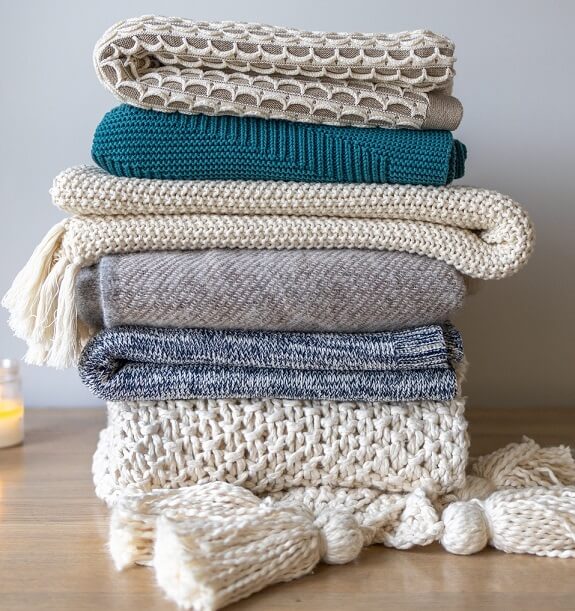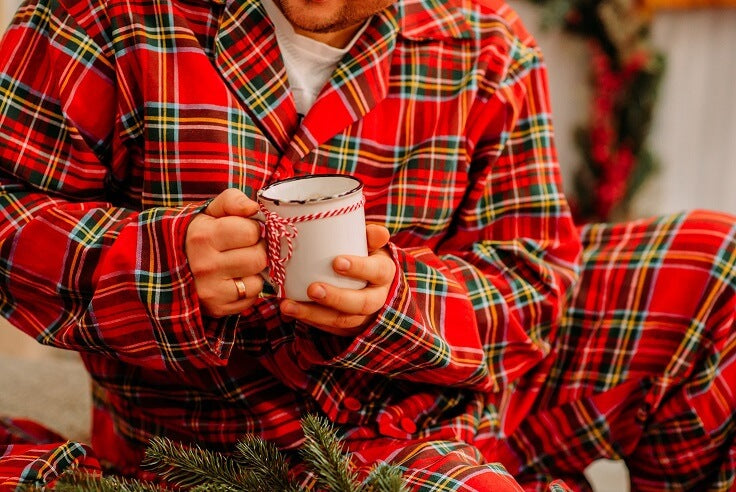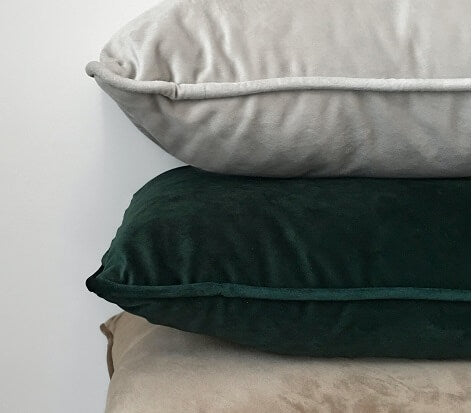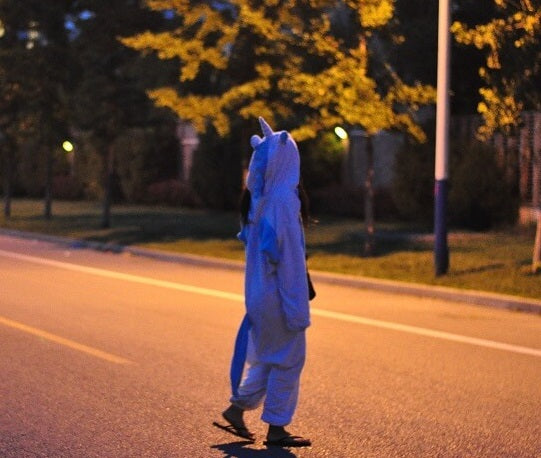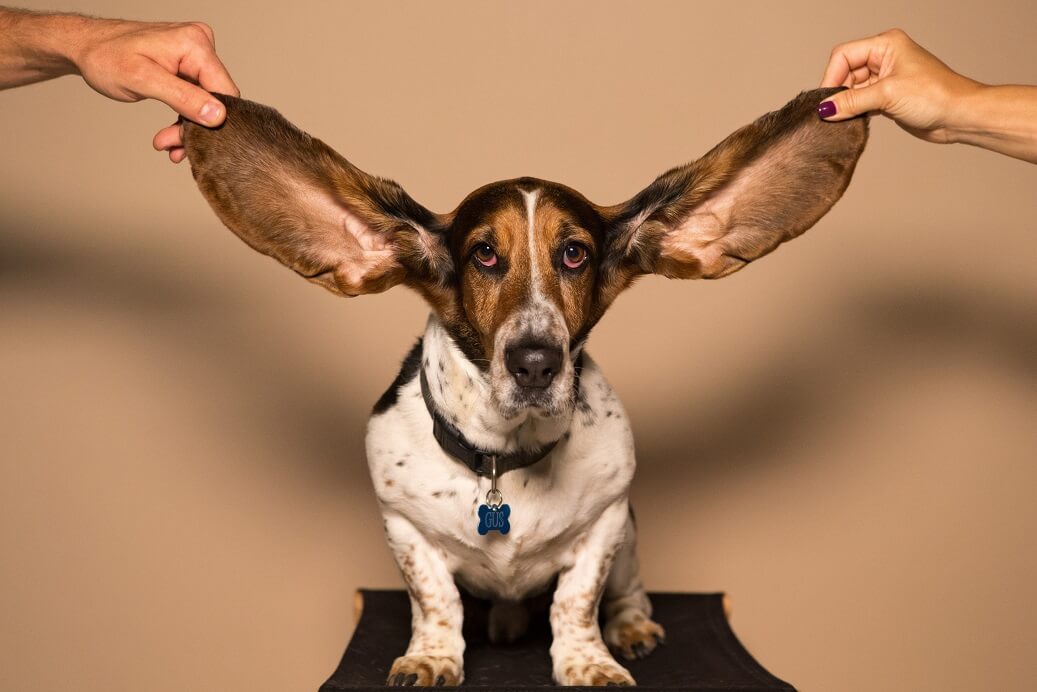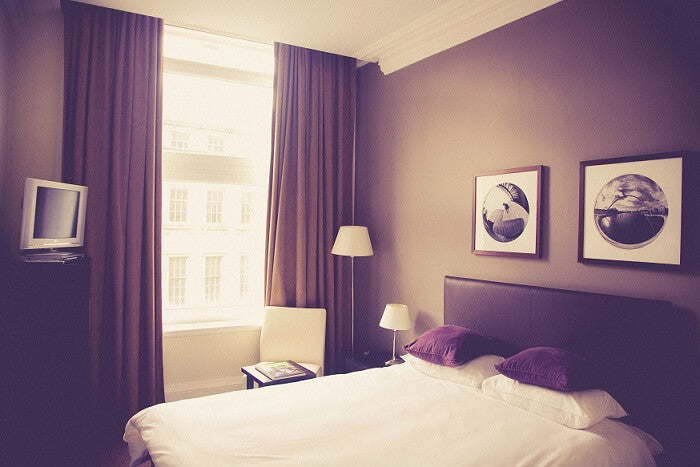I have been asking myself why my dog pees on his blanket for some time now. It's a perplexing problem that I can't seem to solve. After doing some research, I've discovered that previous housebreaking mishaps may be playing a role in why my dog pees on his blanket. In this blog post, I will explore the impact of those previous housebreaking mishaps and how they may be influencing my dog's current behavior.

Residual Urine: When your dog urinates on something, they leave behind a small amount of urine.
When your dog urinates on an item, they are leaving behind more than just the visible urine puddle. A small amount of urine is left behind in the form of residue, and this can act as a trigger for your dog to continue urinating on the same item. This is especially true if it's a soft material like a blanket or cushion. Urine smells very strong to a dog, so even if you cannot detect the smell yourself, your dog will. The residual urine will act as a cue for them to go in the same spot again and again, regardless of whether it's indoors or outdoors. Cleaning up the area properly and regularly can help to prevent this from happening.
Anxiety: Your dog may be anxious about something and may see their blanket as a safe space.
If your dog is peeing on their blanket, it could be a sign that they are feeling anxious about something. Dogs can become anxious for a variety of reasons, such as loud noises, unfamiliar people or animals, changes in the household, or even their own thoughts and feelings.
When dogs feel anxious, they may look for a safe space to retreat to. Your dog's blanket may be providing them with that sense of security. In this way, peeing on the blanket can be a form of comfort and reassurance for them.
It's important to pay attention to any signs that your dog may be anxious, such as pacing, panting, trembling, or drooling. If you notice any of these signs, it's a good idea to talk to your vet and make sure your dog is receiving the proper care and support. Additionally, you can help reduce your dog's anxiety by providing them with plenty of exercise and mental stimulation, as well as spending quality time with them.
Lack of Potty Training: If your dog wasn't properly potty trained, they may not know that they shouldn't go on their blanket.
When dogs aren't properly potty trained, they may not understand that they shouldn't go on their blanket or other surfaces. This lack of understanding can lead to them urinating on their blanket, furniture, and other places around the house.
Dogs should be properly trained from a young age so that they understand where they should and should not go to the bathroom. If your dog wasn't adequately trained, then it's likely that he or she doesn't understand why peeing on their blanket is wrong.
If you have an adult dog that hasn't been properly potty trained, it's never too late to start training them. You can use positive reinforcement techniques, such as rewarding them with treats and praise when they go in the appropriate places. You should also provide your dog with plenty of opportunities to go outside and do their business. Be consistent and patient while teaching your dog the right behaviors, and they should eventually learn not to pee on their blanket.

Medical Reasons: There could be a medical reason for your dog's behavior, so it's always best to consult with a veterinarian.
There are many potential medical reasons for why your dog may be peeing on his blanket. Bladder infections, kidney problems, and diabetes are all potential causes that could be causing your pup to urinate inappropriately. It's important to note that your pup could also be displaying a form of bladder control problem or incontinence. If this is the case, it could mean that your pup has an overactive bladder and is having difficulty controlling their urges to pee.
Your vet will be able to do a thorough exam and assess the situation to determine what is causing the behavior and how to best treat it. In some cases, your vet may suggest medications or even a change in diet that can help to regulate your pup's bladder control. Additionally, they may recommend changes in your pup's environment or lifestyle that can help minimize any stress or anxiety that may be contributing to the issue.
No matter the cause of your pup's behavior, it's important to speak with a professional to determine the best course of action for addressing it. Not only will this help keep your pup healthy, but it can also improve their quality of life and prevent any further accidents from happening in the future.

